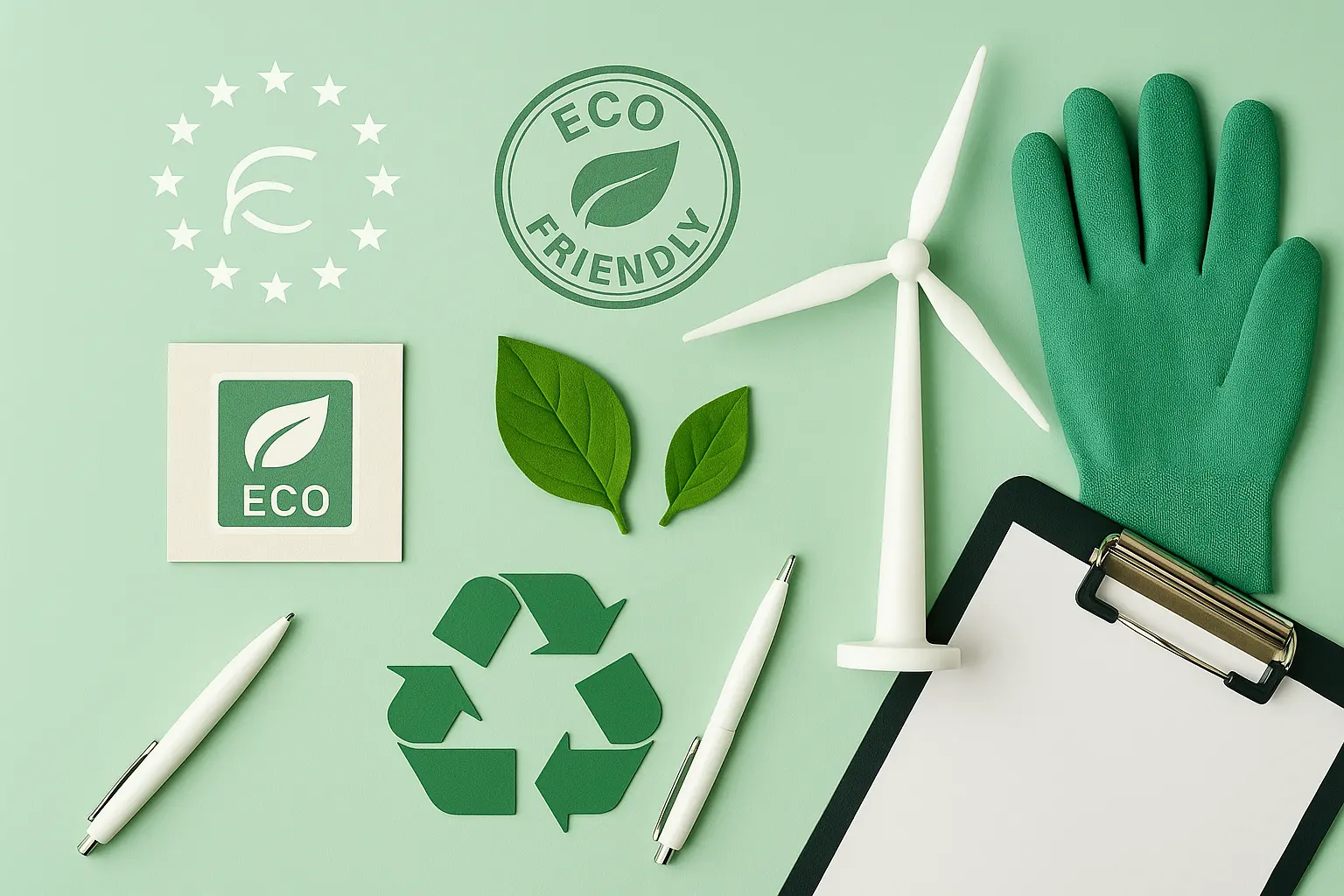Supply Chain Sustainability Certification
Sustainability is no longer a niche concern but a critical pillar of business strategy across industries. Supply chain sustainability certification ensures that your company adheres to stringent environmental and social standards, enhancing its reputation and market position. This certification underscores your commitment to responsible procurement practices, reducing waste, minimizing carbon footprints, and promoting ethical labor conditions throughout the supply chain.
Our service offers a holistic approach to supply chain sustainability by evaluating every aspect of your supplier network. We assess not just the environmental impact but also social metrics such as worker welfare, fair wages, and working hours. By choosing our certification, you ensure that all partners meet rigorous international standards set forth in ISO 14001 for environmental management systems and OHSAS 18001 for occupational health and safety.
The process begins with a comprehensive audit of your suppliers' operations. This includes reviewing their procurement practices, waste disposal methods, energy consumption patterns, and compliance with relevant regulations. Our team then recommends specific actions to improve sustainability metrics based on best practices from leading companies worldwide. The result is not just a certification but actionable insights that drive continuous improvement.
Compliance with supply chain sustainability standards offers numerous benefits beyond mere certification. It enhances operational efficiency by identifying inefficiencies early, reduces costs through reduced waste and improved resource utilization, and strengthens relationships with stakeholders including customers and investors who increasingly prioritize responsible business practices.
Achieving this certification is a multi-step process that involves thorough preparation, implementation of sustainable measures, and ongoing monitoring. The first step is to understand the specific requirements outlined in international standards like ISO 14001 and OHSAS 18001. Next, your organization must implement these practices within its supply chain, ensuring every supplier meets these criteria.
During this phase, we provide expert guidance on selecting appropriate suppliers who align with our sustainability goals. This includes conducting thorough evaluations of potential partners based on their environmental and social performance. Once selected, ongoing support ensures they maintain compliance over time through regular audits and performance reviews.
The certification process itself involves submitting documentation proving adherence to these standards followed by an external audit conducted by a recognized body. Upon successful completion, you receive formal recognition as meeting international benchmarks for supply chain sustainability.
Why It Matters
Supply chain sustainability certification is crucial in today’s competitive business landscape where consumers are increasingly demanding more than just products; they want to know that those products were produced responsibly. By obtaining this certification, you demonstrate your commitment to ethical practices and environmental stewardship, which can significantly enhance brand reputation.
In addition to improving public perception, achieving such certifications also helps companies navigate regulatory landscapes more effectively. As governments around the world introduce increasingly stringent regulations aimed at reducing carbon emissions and promoting resource efficiency, being ahead of these trends positions businesses favorably in terms of compliance readiness.
Moreover, sustainable supply chains foster innovation by encouraging creative solutions for addressing environmental challenges. Companies leading this charge often discover new technologies or processes that not only help them meet sustainability goals but also offer potential commercial advantages. For instance, adopting renewable energy sources can lead to cost savings while simultaneously reducing carbon emissions.
Lastly, maintaining a sustainable supply chain contributes positively towards long-term profitability. Efficient resource utilization reduces operational costs, and fostering good labor relations improves workforce productivity leading ultimately to better overall performance metrics for the organization.
Industry Applications
In the electronics industry, sustainability certification ensures that all components used in manufacturing processes are sourced sustainably. This includes sourcing minerals from conflict-free zones and ensuring fair labor practices at mining sites.
The fashion sector benefits greatly from supply chain sustainability certifications as it helps reduce textile waste by promoting recycling programs and encouraging the use of organic fabrics over synthetic ones.
Agriculture companies can enhance their reputations through sustainable certification which encourages responsible farming practices such as reducing pesticide usage and conserving water resources.
These examples illustrate how different industries apply supply chain sustainability certifications to address unique challenges within their respective sectors. By adopting these practices, businesses not only contribute positively towards global environmental goals but also create value for themselves in an increasingly environmentally conscious market place.
Quality and Reliability Assurance
Our laboratory adheres strictly to ISO/IEC 17025 accreditation standards ensuring accuracy, precision, and reliability of all test results related to supply chain sustainability certification.
We employ experienced professionals trained in conducting audits and assessments according to recognized guidelines from bodies such as the Global Reporting Initiative (GRI) and Supply Chain Council.
Our commitment extends beyond mere compliance; we strive for excellence by continuously updating our methodologies based on feedback received during certification processes. This ensures that our services remain relevant and effective in addressing current challenges faced by businesses worldwide.
We recognize the importance of providing accurate, reliable data to support decision-making related to sustainability initiatives within supply chains. Therefore, all tests conducted are transparently documented and reported according to internationally recognized standards ensuring confidence in the results provided.





